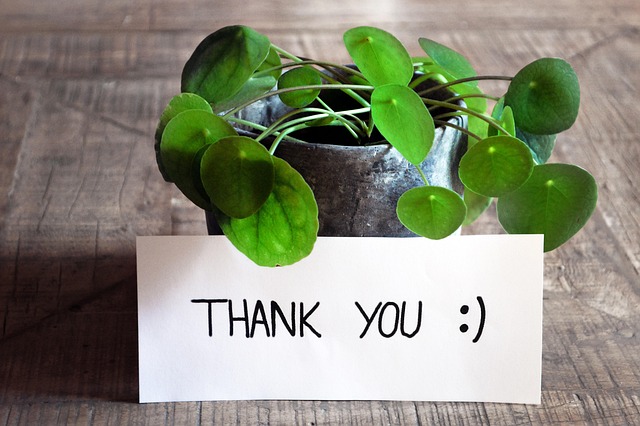
The Importance of a Thank You Email
Sending a thank you email after a job interview is a professional courtesy that can leave a lasting impression on hiring managers. It serves as an opportunity to express gratitude for the interviewer's time and reiterate interest in the position. This simple gesture can differentiate candidates in a competitive job market.
When to Send a Thank You Email
Timing is crucial when it comes to sending a thank you email. Ideally, it should be sent within 24 hours of the interview. This promptness shows enthusiasm and professionalism. If the interview was conducted in a group setting, it is advisable to send individual emails to each interviewer.
Key Elements of a Thank You Email
A well-structured thank you email typically includes several key components:
- Subject Line: Use a clear and concise subject line, such as "Thank You for the Opportunity" or "Great to Meet You." This helps the recipient identify the purpose of the email quickly.
- Greeting: Address the interviewer by their name, using a formal salutation. For example, "Dear [Interviewer's Name]."
- Expression of Gratitude: Start the body of the email by thanking the interviewer for their time and the opportunity to discuss the position. This sets a positive tone for the rest of the message.
- Reiterate Interest: Clearly express your interest in the position and the company. Mention specific aspects of the interview that resonated with you, reinforcing your enthusiasm.
- Closing Remarks: Conclude with an invitation for further communication, such as expressing hope for a follow-up or offering to provide additional information. Sign off with a professional closing, such as "Best regards" or "Sincerely."
Sample Thank You Email
Here is a sample thank you email to illustrate the structure discussed:
Subject: Thank You for the Opportunity
Dear [Interviewer's Name],
Thank you for taking the time to meet with me on [date] to discuss the [Job Title] position. I appreciate the opportunity to learn more about [Company Name] and the exciting projects your team is working on.
I am very enthusiastic about the possibility of joining your team and contributing to [specific project or value discussed in the interview]. I believe my skills in [mention relevant skills or experiences] align well with the goals of your department.
Please feel free to reach out if you need any more information from my side. I look forward to the possibility of working together.
Best regards,
[Your Name]
[Your Contact Information]
Common Mistakes to Avoid
While crafting a thank you email, it is essential to avoid common pitfalls:
- Generic Messages: Personalize each email to reflect the specific conversation and connection made during the interview.
- Overly Casual Tone: Maintain a professional tone, even if the interview was informal.
- Spelling and Grammar Errors: Proofread the email to ensure it is free from mistakes, as errors can detract from professionalism.
Conclusion
A thank you email is a valuable tool in the job application process. It not only demonstrates professionalism but also reinforces a candidate's interest in the position. By following the outlined structure and avoiding common mistakes, candidates can enhance their chances of making a positive impression on potential employers.

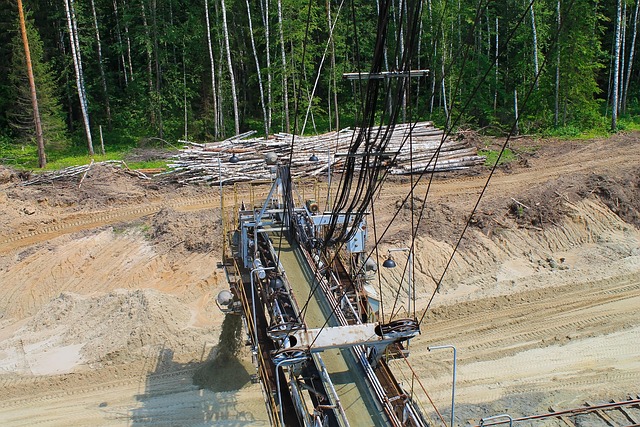
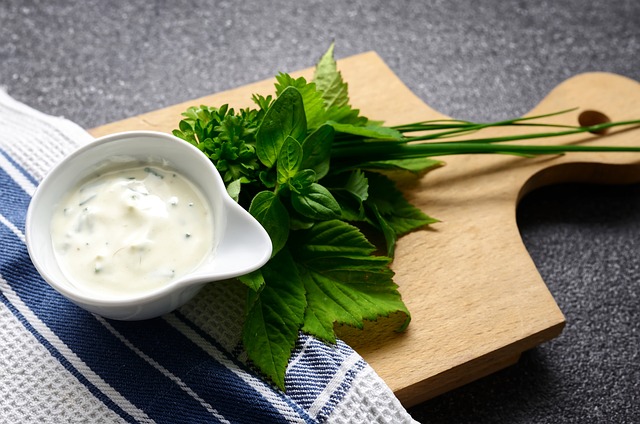
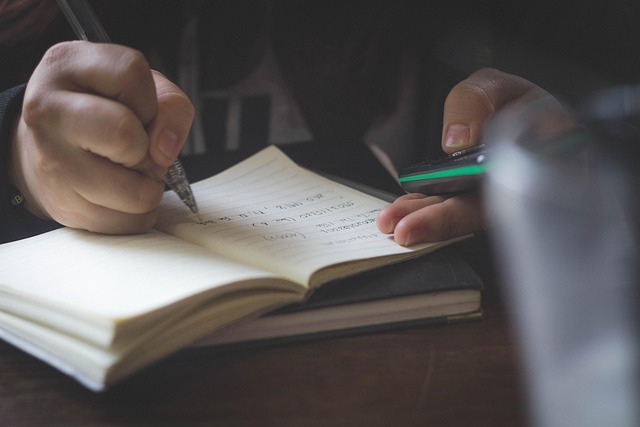
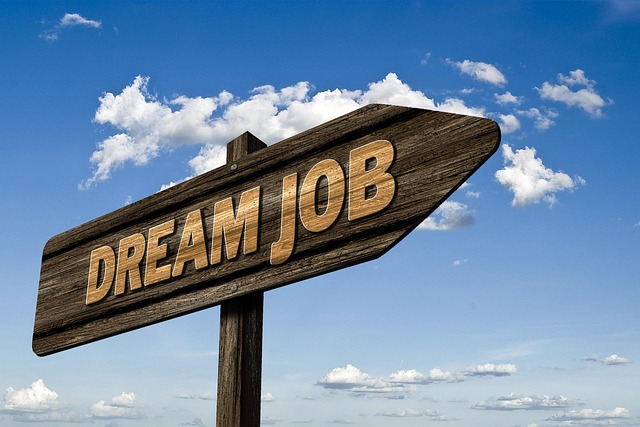
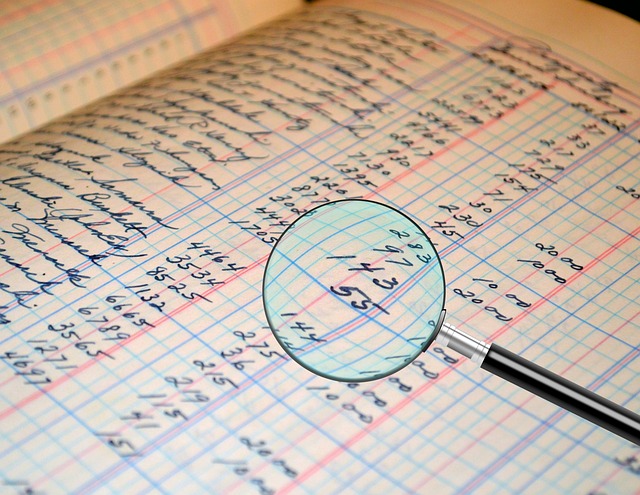
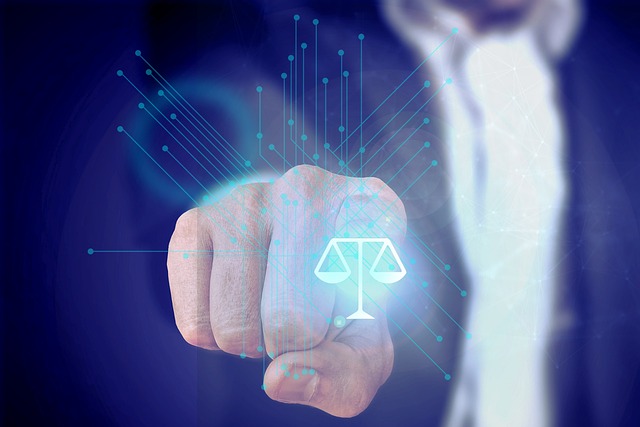
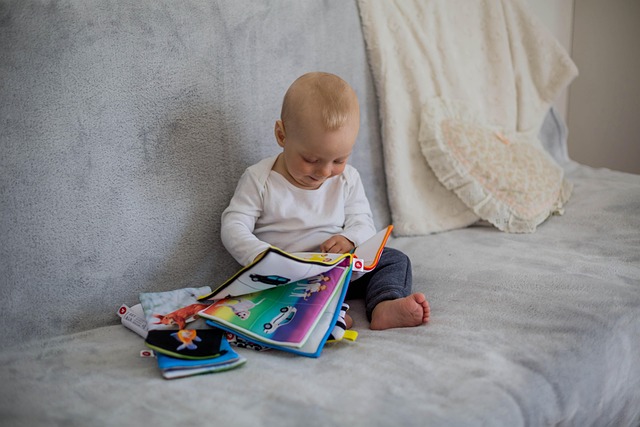
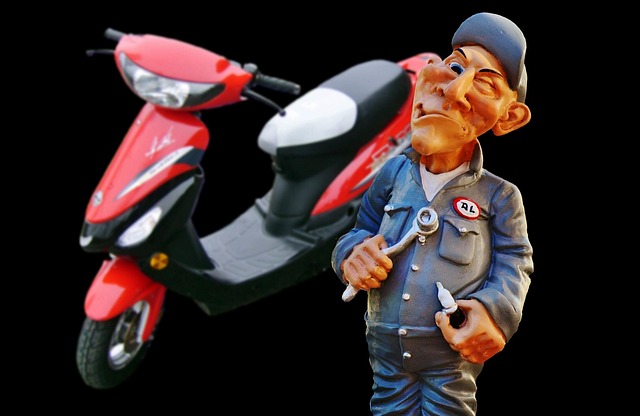

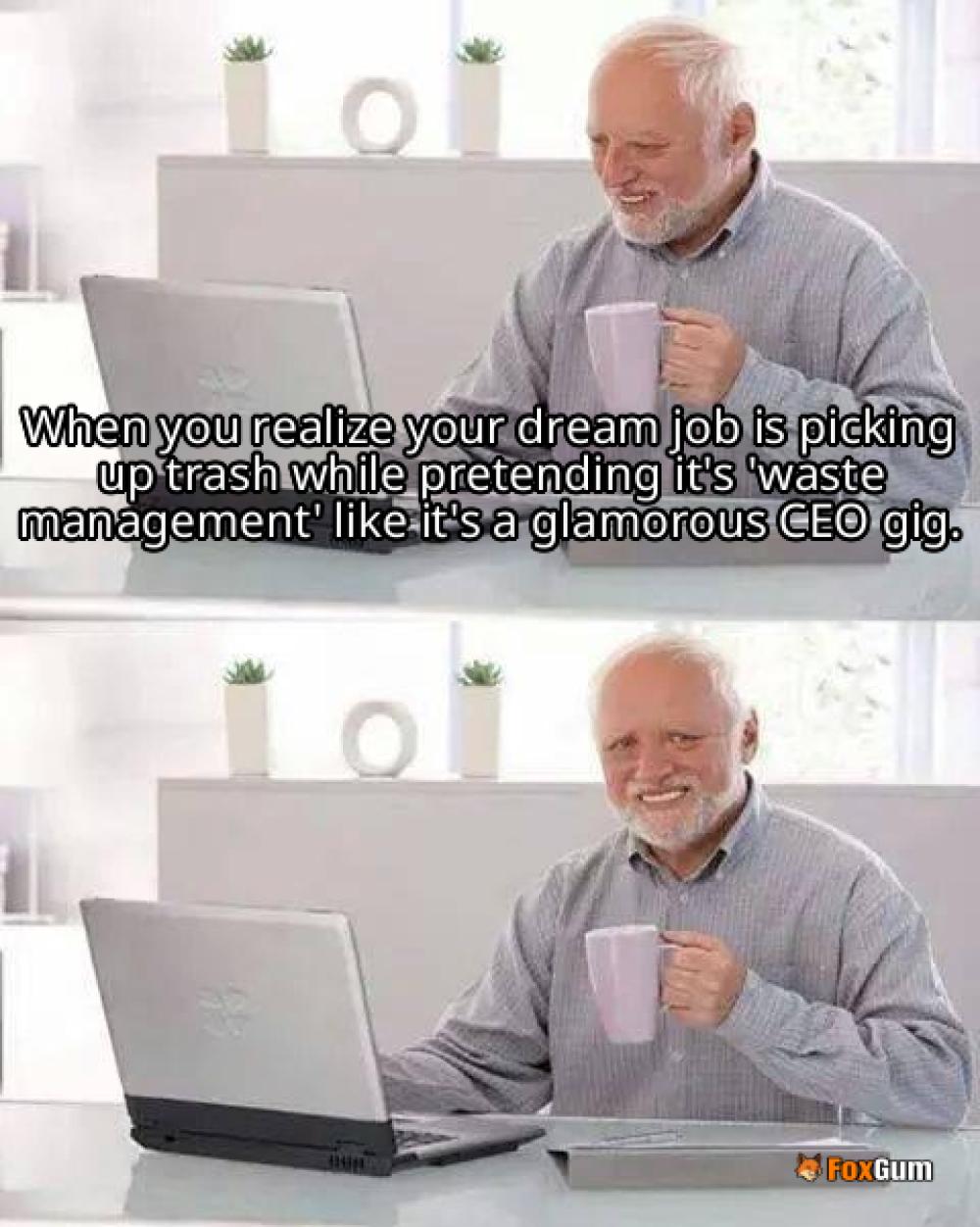


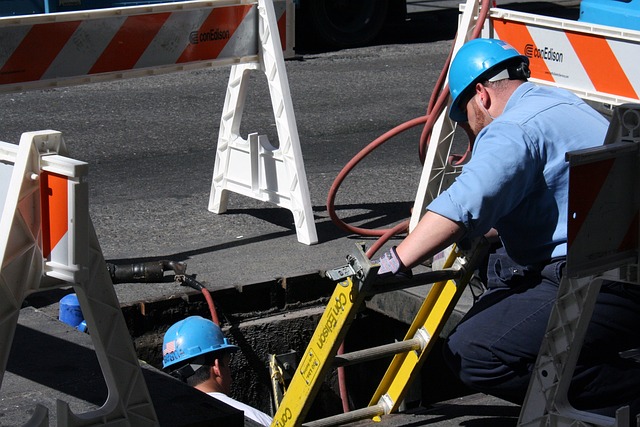
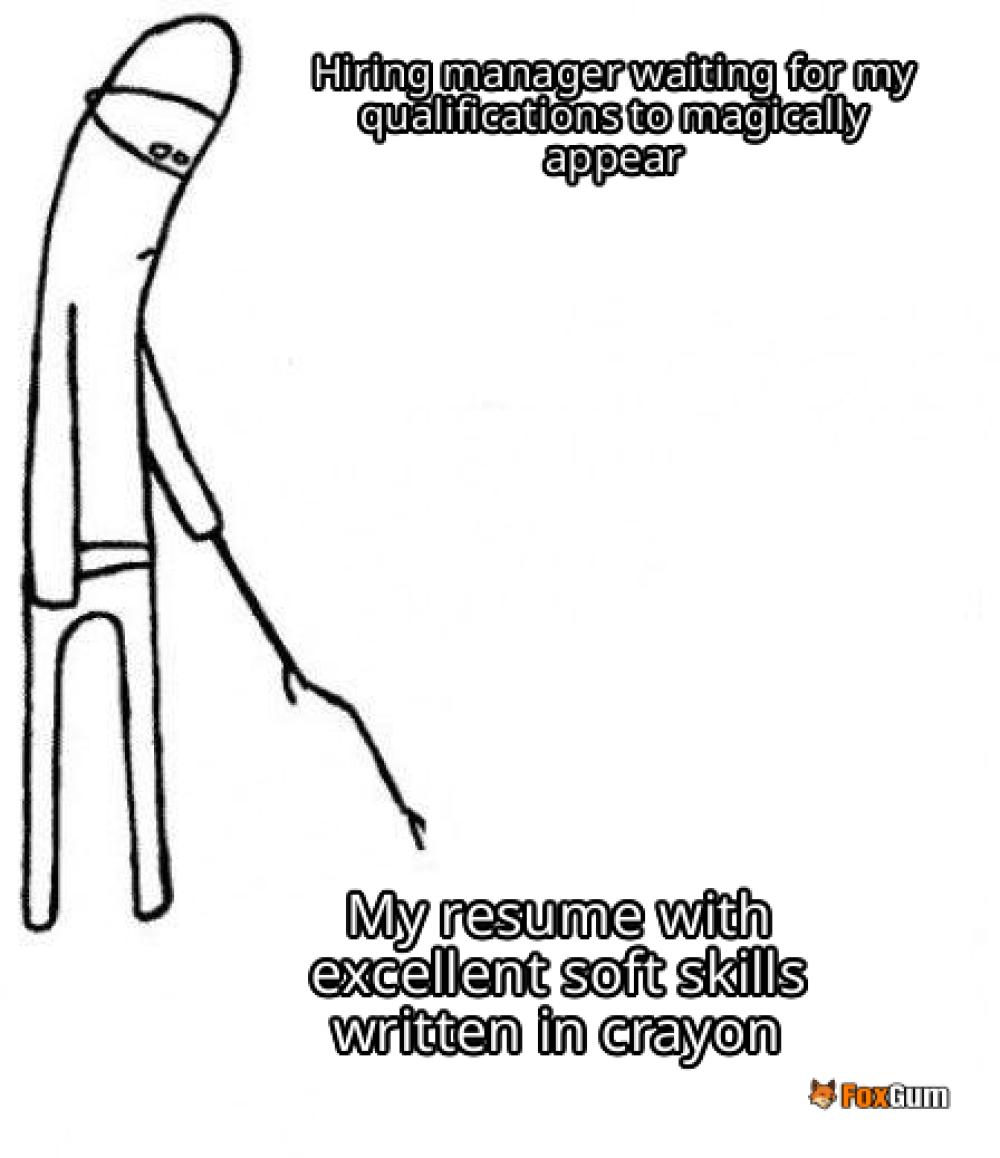

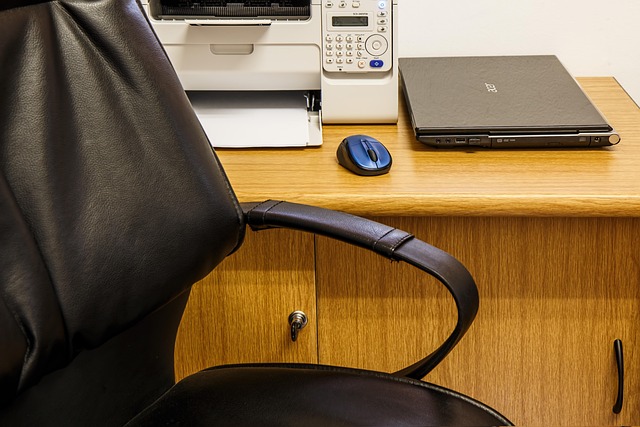
 What to Do When You Have No Friends At Work
What to Do When You Have No Friends At Work 
 Health
Health  Fitness
Fitness  Lifestyle
Lifestyle  Tech
Tech  Travel
Travel  Food
Food  Education
Education  Parenting
Parenting  Career & Work
Career & Work  Hobbies
Hobbies  Wellness
Wellness  Beauty
Beauty  Cars
Cars  Art
Art  Science
Science  Culture
Culture  Books
Books  Music
Music  Movies
Movies  Gaming
Gaming  Sports
Sports  Nature
Nature  Home & Garden
Home & Garden  Business & Finance
Business & Finance  Relationships
Relationships  Pets
Pets  Shopping
Shopping  Mindset & Inspiration
Mindset & Inspiration  Environment
Environment  Gadgets
Gadgets  Politics
Politics 